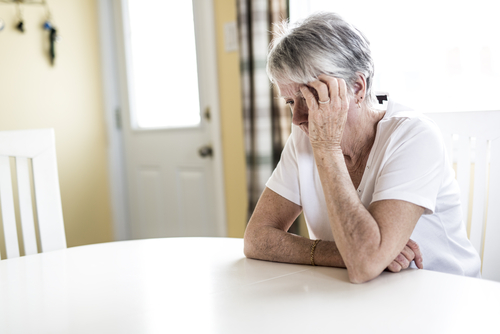Disturbed Sleep Common, But Not Tied to Patient’s Sex or Disease Stage
Written by |

Neither a patient’s sex nor the degree of disease progression substantially affects the manifestations of sleep disturbances in Parkinson’s disease, a study reports.
More research into this “very common” and life-affecting problem — and into other non-motor symptoms — of Parkinson’s is needed, its researchers said.
The study, “Sleep Disturbances in Seniors with Parkinson’s Disease,” was published in Clinical Social Work and Health Intervention.
Sleep disturbances — such as difficulty falling asleep, daytime sleepiness, and troubled dreams — are among the most common non-motor symptoms of Parkinson’s disease. Research into how these disturbances typically manifest in Parkinson’s patients is important, as it can help guide care and, ultimately, ease the burden such disturbances impose on people with Parkinson’s.
Researchers in Slovakia conducted a survey about sleep disturbances in Parkinson’s.
Specifically, they assessed 220 people with Parkinson’s, including 128 men and 92 women. Patients ranged in age from 50 to 88, with an average age of 76.8. Of them, 123 were in the early stages of Parkinson’s, whereas the remaining 97 had advanced disease.
Patients were surveyed using the Parkinson’s Disease Sleep Scale (PDSS-2), which measures the frequency of sleep disturbances experienced by an individual over the previous week across three domains: nocturnal motor symptoms, nocturnal symptoms of Parkinson’s disease, and disturbed sleep. Scores on each of these domains can range from 0 to 20; higher scores indicate more severe disturbances. As such, total PDSS-2 scores can range from 0 to 60.
Sixty-seven (30.5%) survey respondents scored between 21 and 40 on the PDSS-2, indicating moderate sleep disturbance, and 38 (17.3%) scored 41 or higher, indicating severe sleep disturbance. The other 115 (52.3%) scored 20 or less, indicating mild or absent sleep disturbances.
“Sleep disorders in patients with Parkinson’s disease are very common and occur in relatively high percentages, which was confirmed in our research sample,” the researchers wrote.
Various statistical analyses were conducted to compare PDSS-2 scores based on sex and on disease stage. No significant differences were found for total PDSS-2 scores, nor for any of the three domains assessed by the PDSS-2.
“Respondents in the early stage achieved approximately the same [PDSS-2] score as in the advanced stage,” the researchers wrote.
The researchers stressed the need for additional focus on sleep disturbances in Parkinson’s, both for scientists and for healthcare providers caring for Parkinson’s patients. They also noted a general need for more focus on non-motor symptoms of this disease.
“Many of the non-motorized aspects of the disease, such as the sleep disorders we investigate, are very common and significantly affect the daily lives of these patients. Disturbed sleep affects the patient’s self-sufficiency and cognitive functions, which in turn significantly affect the patient’s mental state and can cause depression,” the researchers wrote.





